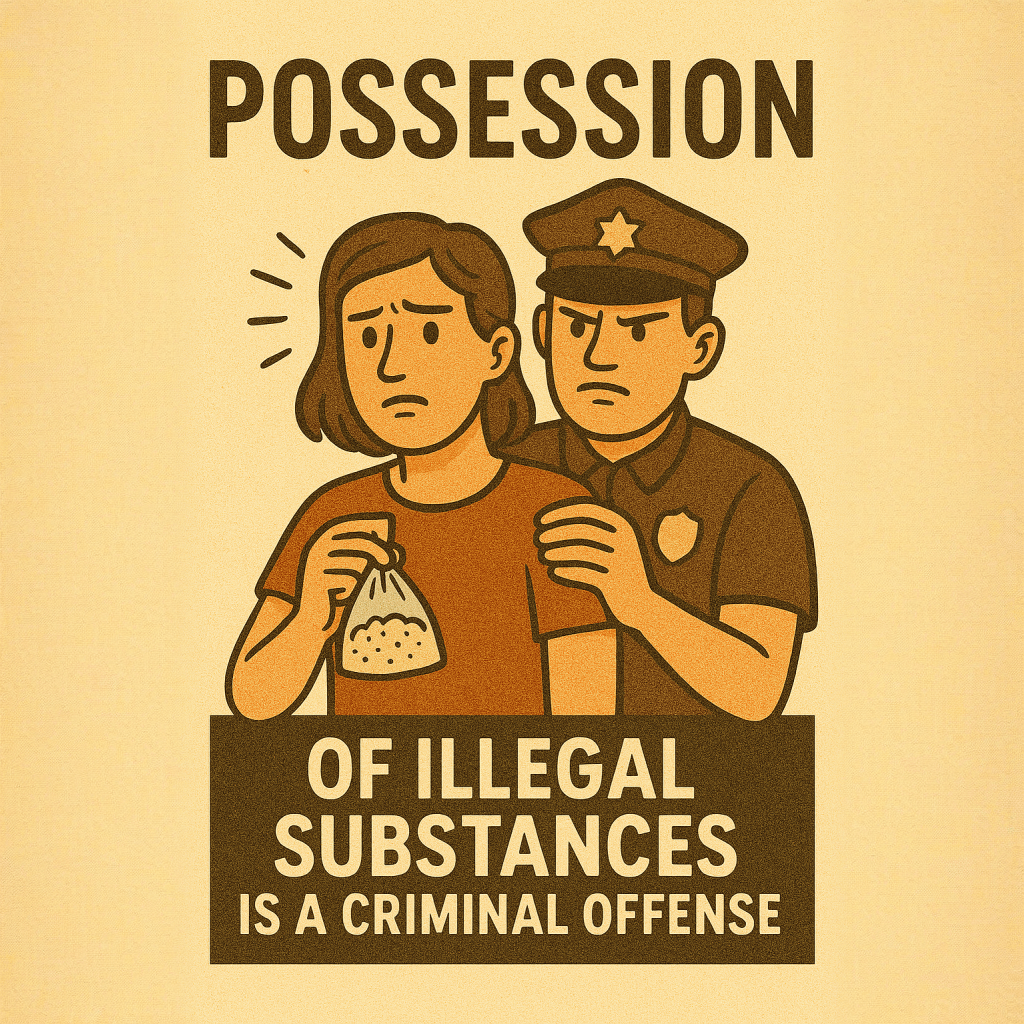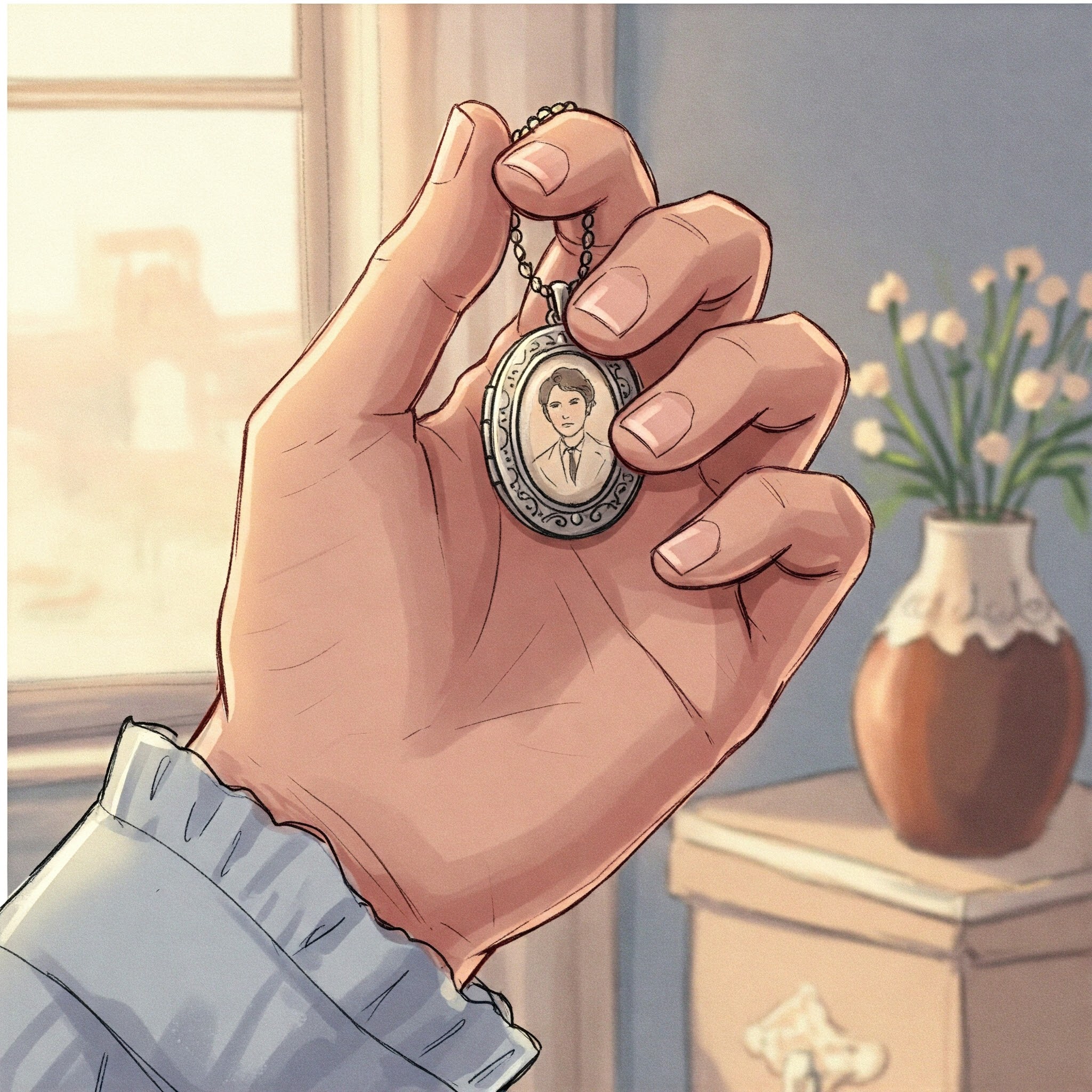Possession
Definition
The term "possession" describes the state of owning, controlling, or having something, whether it be physical property, an abstract quality, or legal rights.
Parts of Speech
- Noun
Pronunciation
American English
- IPA Pronunciation: /pəˈzɛʃ.ən/
- Respelling: puh-ZESH-uhn
British English
- IPA Pronunciation: /pəˈzɛʃ.ən/
- Respelling: puh-ZESH-uhn
Etymology
The word "possession" originates from Latin "possidere," meaning "to have and hold," through Old French "possessio." It entered the English language in the late 14th century, initially referring to ownership or property.
Derivatives
- Possess (verb)
- Possessive (adjective)
- Possessor (noun)
- Possessionless (adjective)
- Repossess (verb)
Synonyms
- Ownership
- Control
- Hold
Antonyms
- Loss
- Dispossession
- Lack
Usage
The term "possession" is used in legal, personal, and abstract contexts. For example: "She has possession of the keys to the house," or "In sports, maintaining possession of the ball is crucial."
Related Terms
- Property: Something owned by an individual or entity.
- Control: The power to influence or direct something.
- Custody: The protective care or guardianship of someone or something.
Detailed Definitions
Noun
- The state of owning or having something: Refers to holding something as property or under one's control.
- Example: "The possession of illegal substances is a criminal offense."
- An item that is owned: Refers to a physical object under one's ownership.
- Example: "Her most treasured possession is a family heirloom."
- Control over something intangible: Refers to domination or mastery over an abstract quality or situation.
- Example: "He took possession of the conversation with his compelling arguments."
- The state of being dominated (spiritual or emotional): Refers to a condition where a person is overtaken by an external force.
- Example: "The film depicts a character under demonic possession.
possession



🇨🇳 Mandarin
- 所有权 (the state of owning)
- IPA Pronunciation: /swo˧˥joʊ̯˥t͡ɕʰwe̞n˨˩˦/
- English Respell: suo-you-quan
- 财产 (something owned)
- IPA Pronunciation: /t͡sʰaɪ̯˧˥ʈʂʰan˥˥/
- English Respell: cai-chan
🇮🇳 Hindi
- अधिकार (the state of owning)
- IPA Pronunciation: /əd̪ʱikaːr/
- English Respell: adhikar
- संपत्ति (something owned)
- IPA Pronunciation: /səmpət̪t̪i/
- English Respell: sampatti
🇪🇸 Spanish
- Posesión (the state of owning)
- IPA Pronunciation: /posesjon/
- English Respell: posesion
- Bienes (something owned)
- IPA Pronunciation: /ˈbjenes/
- English Respell: bienes
🇫🇷 French
- Possession (the state of owning)
- IPA Pronunciation: /pɔ.sɛ.sjɔ̃/
- English Respell: posession
- Biens (something owned)
- IPA Pronunciation: /bjɛ̃/
- English Respell: biens
🇦🇪 Arabic (Modern Standard)
- ملكية (the state of owning)
- IPA Pronunciation: /mulkiya/
- English Respell: mulkiya
- ممتلكات (something owned)
- IPA Pronunciation: /mamtlakat/
- English Respell: mamtlakat
🇧🇩 Bengali
- অধিকার (the state of owning)
- IPA Pronunciation: /ɔd̪ʱikar/
- English Respell: odhikar
- সম্পত্তি (something owned)
- IPA Pronunciation: /ʃɔmpotti/
- English Respell: shompotti
🇷🇺 Russian
- Владение (the state of owning)
- IPA Pronunciation: /vlɐˈdʲenʲɪjə/
- English Respell: vlade-niye
- Собственность (something owned)
- IPA Pronunciation: /sɐpstˈvʲenːəstʲ/
- English Respell: sob-stven-nost
🇵🇹 Portuguese
- Posse (the state of owning)
- IPA Pronunciation: /ˈpɔsi/
- English Respell: posse
- Bens (something owned)
- IPA Pronunciation: /ˈbẽj̃s/
- English Respell: bens
🇮🇩 Indonesian
- Kepemilikan (the state of owning)
- IPA Pronunciation: /kəpəmiliʔan/
- English Respell: kepemilikan
- Harta (something owned)
- IPA Pronunciation: /harta/
- English Respell: harta
🇩🇪 German
- Besitz (the state of owning)
- IPA Pronunciation: /bəˈzɪts/
- English Respell: be-sitz
- Eigentum (something owned)
- IPA Pronunciation: /ˈʔaɪ̯ɡəntuːm/
- English Respell: eigentum
🇯🇵 Japanese
- 所有 (the state of owning)
- IPA Pronunciation: /ɕojo/
- English Respell: shoyu
- 所有物 (something owned)
- IPA Pronunciation: /ɕojomono/
- English Respell: shoyumono
🇻🇳 Vietnamese
- Sở hữu (the state of owning)
- IPA Pronunciation: /sə˧ˀ˦ hɯ˨˩˦/
- English Respell: so huu
- Tài sản (something owned)
- IPA Pronunciation: /tâj ʂǎːn/
- English Respell: tai san
🇰🇷 Korean
- 소유 (the state of owning)
- IPA Pronunciation: /soju/
- English Respell: so-yu
- 재산 (something owned)
- IPA Pronunciation: /t͡ɕe.sʰan/
- English Respell: jae-san
🇹🇷 Turkish
- Sahiplik (the state of owning)
- IPA Pronunciation: /sahiplik/
- English Respell: sahiplik
- Mülk (something owned)
- IPA Pronunciation: /mylk/
- English Respell: mulk
🇵🇰 Urdu
- ملکیت (the state of owning)
- IPA Pronunciation: /məlkiːt/
- English Respell: malikiyat
- جائیداد (something owned)
- IPA Pronunciation: /d͡ʒɑː.eː.dɑːd/
- English Respell: jayedad





